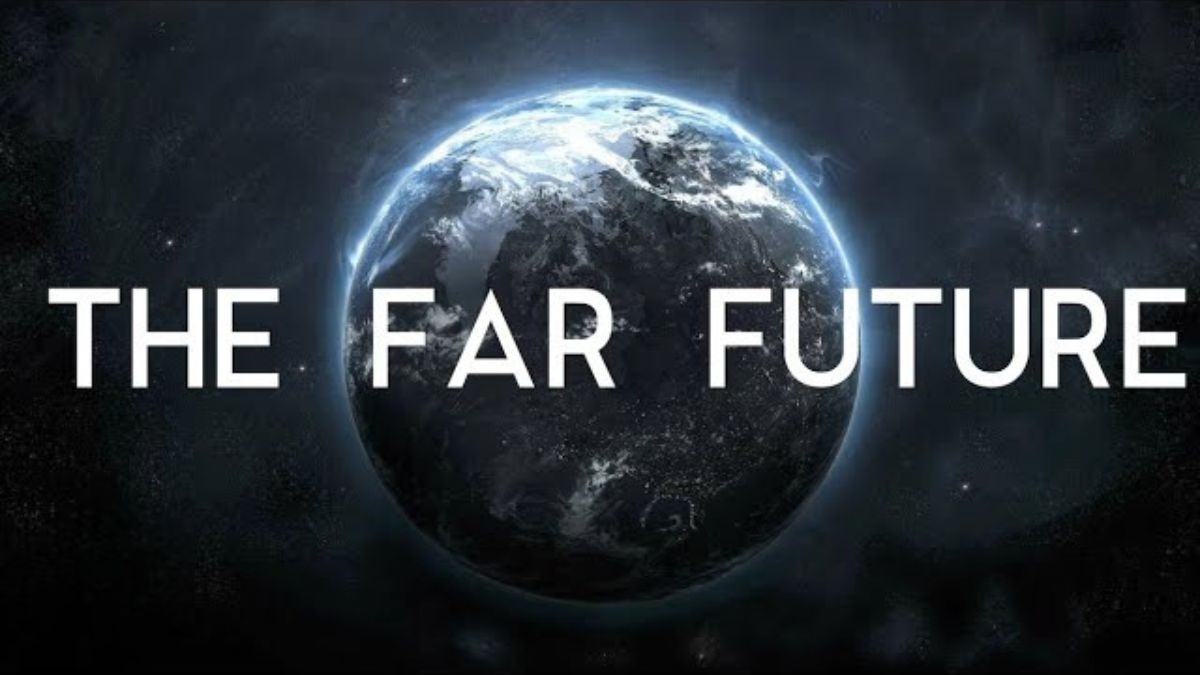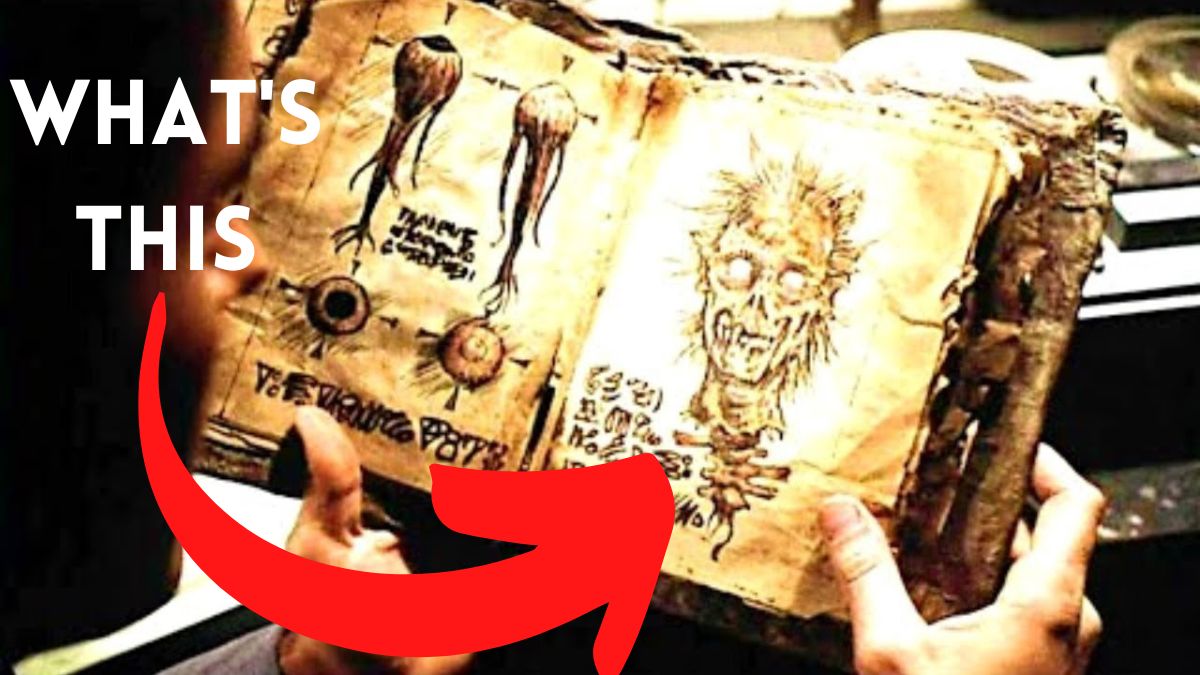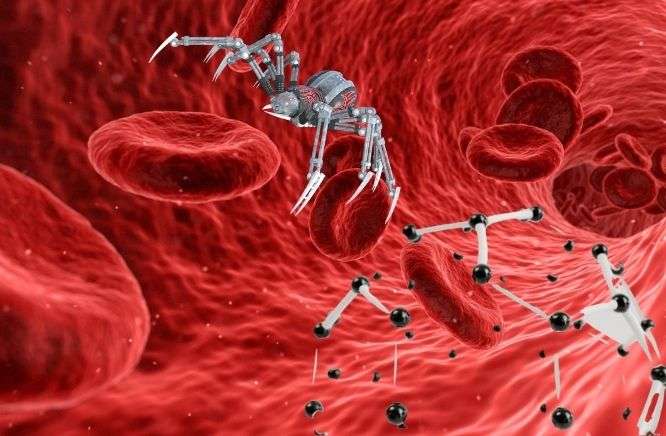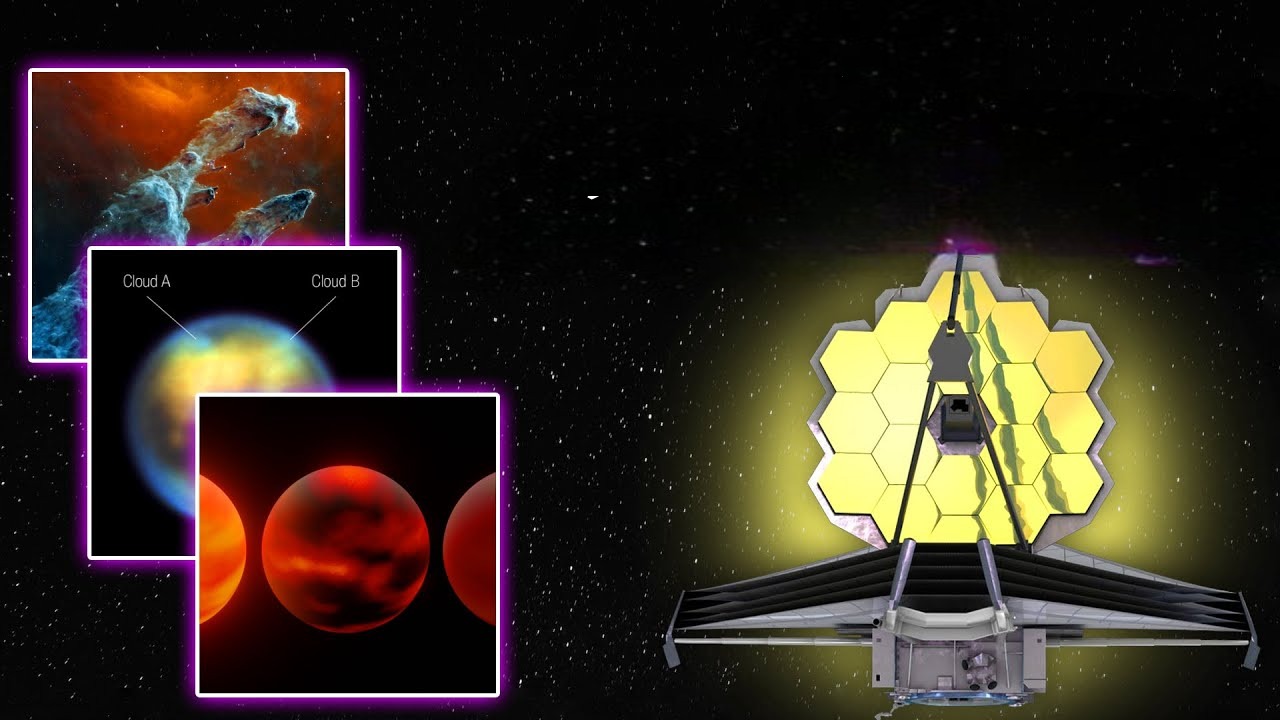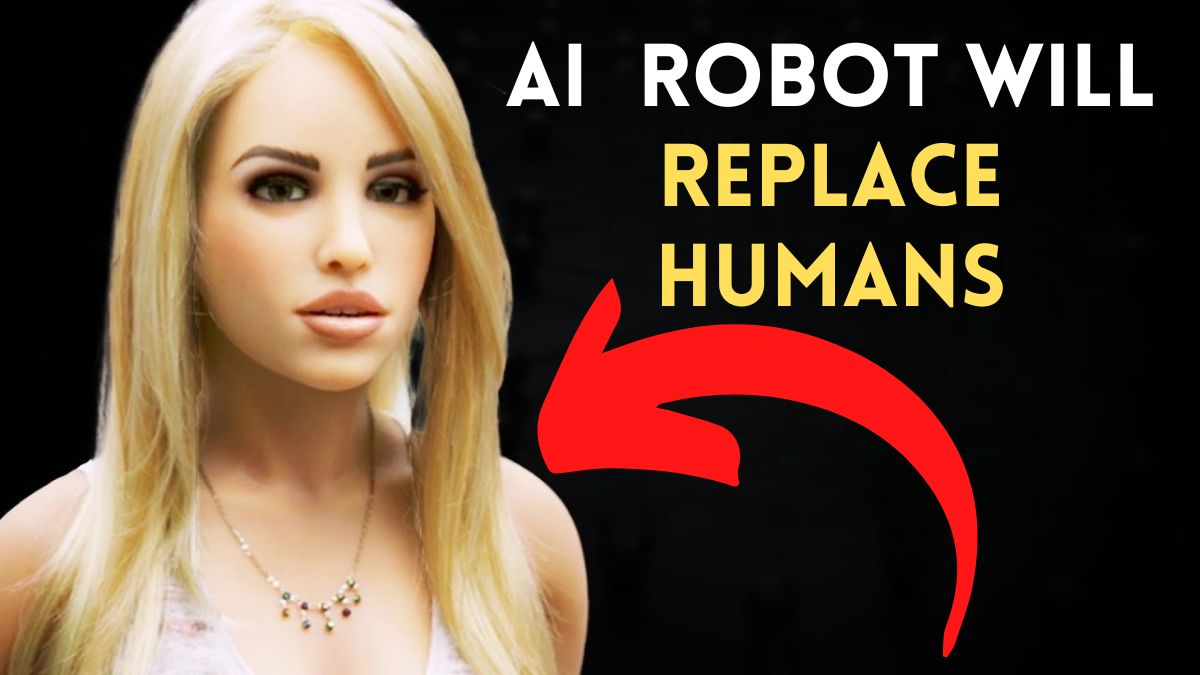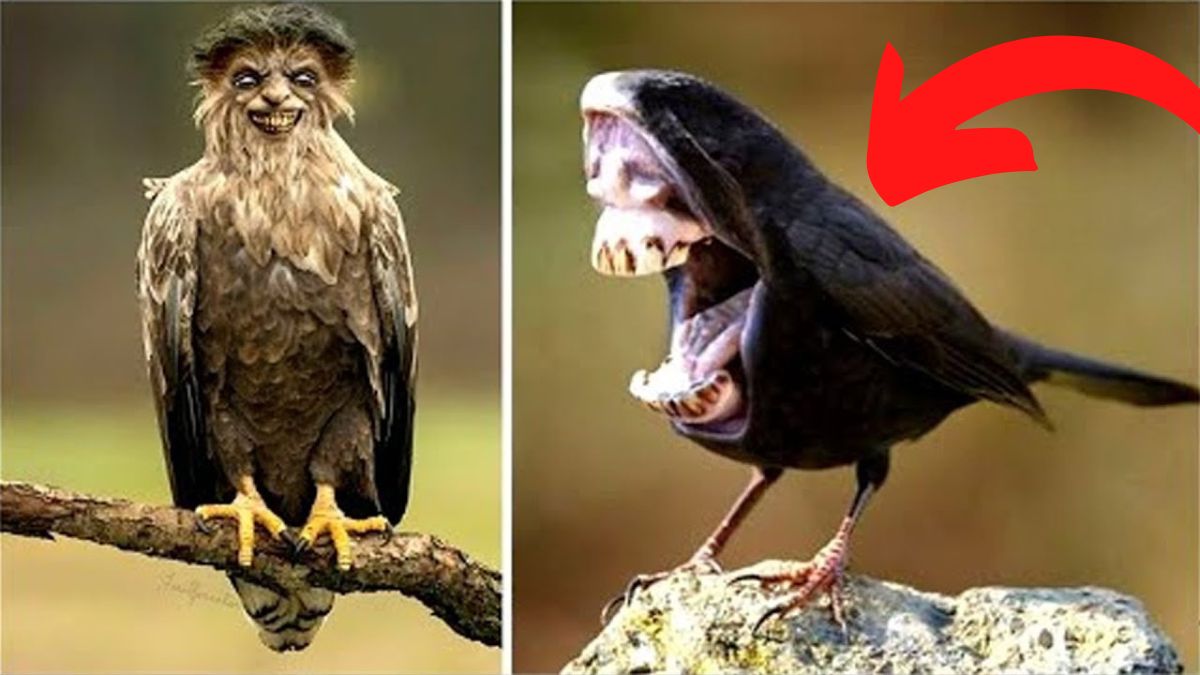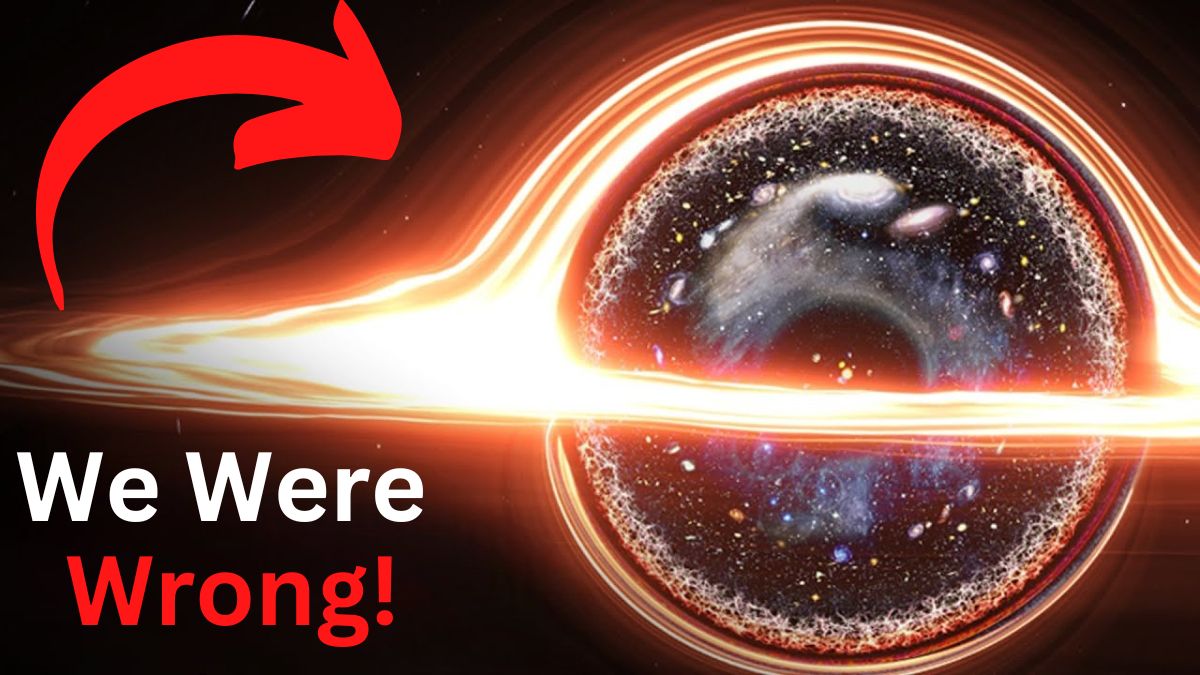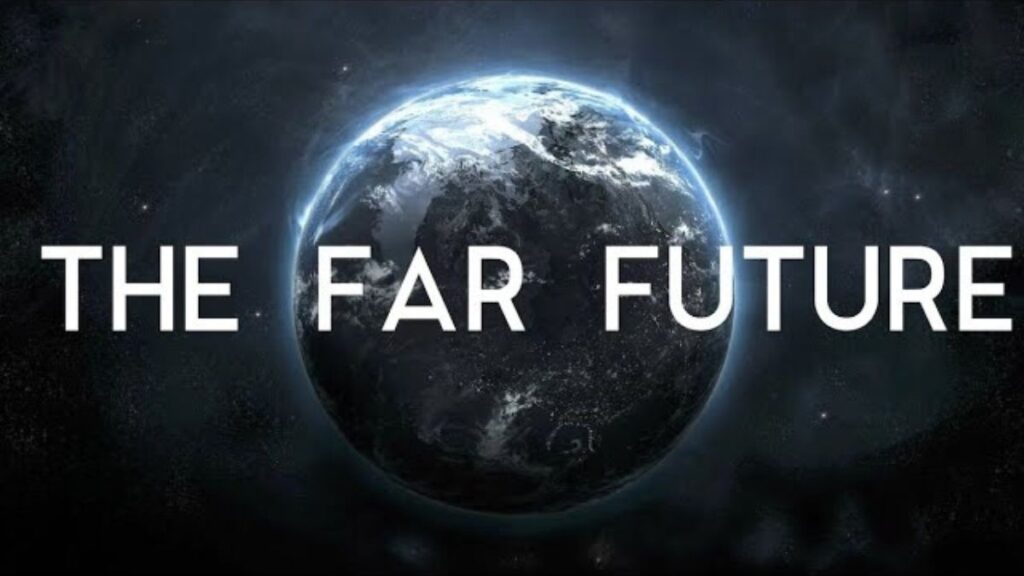
There are few questions that grip our curiosity as vehemently as the story of us.
Our civilization, our species, even our tree of life.
How did we come to be, Why are we the way we are, and how do we develop and change over time?
In a recurring dream, I see myself walking down the aisles of a cosmic library, running my hand over the books, chronicling the history of the entire universe.
Eventually, I stumble across the book of us nestled away in some forgotten dusty corner where few visitors come.
The first chapter describes our solar system’s birth, the formation of the earth, the collision that forged the moon, the cooling of our planet, and the emergence of life.
Flicking ahead by merely chapters, I finally come across humanity.
If each chapter represented 100 million years, we wouldn’t turn up until chapter 45.
From humble beginnings of microbes and muck, our bipedal ancestors worked together to hunt big game, develop tools and language to aid their survival, and later, invent agriculture.
Civilizations rise and fall, develop science, literature, art, and war.
And finally, the story reaches us.
Now, here, This is what I’d been searching for.
Just one more page to turn.
But as I pull the paper across, the dream ends.
Each dream feels so close, but the answer always escapes.
What’s so frustrating is that we are by no means at the end of the story.
If humanity arrives in chapter 45, then there should be another nine or 10 chapters still ahead of us.
One billion years, give or take, represents the current scientific estimate for the remaining time that Earth can support complex life, such as ourselves.
After that, the sun’s growing luminosity will trigger an ecological collapse on a scale never before seen.
But just think about that for a moment. A billion years left on the clock. Compared to our human lives, it’s an unimaginably vast stretch of time.
An immense abyss of countless moments, a haunting expanse that stretches out beyond ordinary understanding.
A scale so vast that within it, mountains will erode, stars will die, and galaxies collide.
And yet, the universe plays a cruel trick on our curiosity.
For the unidirectional nature of time means that we are allowed to learn at least fragments of the story that has transpired thus far, but we are utterly forbidden from knowing anything that lies ahead.
What happens to our fragile attempt at civilization?
How far do we go? How does the story end?
We often think about human history in terms of centuries.
Antiquity, perhaps, in terms of millennia, and evolution in terms of millions of years.
But a billion years? It dwarfs them all.
Take the Neolithic Revolution.
That is the beginning of agriculture and animal domestication.
Even if, somehow, our civilization was returned back to that point in some catastrophic reset, that was just 12,000 years ago.
In a billion years, they have enough time to repeat the entire history of all civilizations another 80,000 times over.
Over a billion years, we have to talk about evolution.
Microbes like viruses can mutate and evolve rapidly over a matter of months, as we all know from every flu season.
But that’s because their reproductive cycle is so much faster than ours.
The humans’ genetic drift occurs on a much longer time scale.
Perhaps the best data comes from the split between Neanderthals and modern humans.
About 2.5% of European DNA comes from Neanderthals, which clearly indicates some interbreeding happened.
The fact that this is seen across Europe implies that sexual relations were fairly common, but the fact that only 2.5% of DNA intermixed implies that it wasn’t always successful.
So Neanderthals and modern humans may have been close to the limit of speciation, implying an evolutionary timescale of something like half a million years.
Although, this is a number debated by anthropologists.
And so again, we are struck by the enormous scale here.
In the billion years ahead of us, or 900 million years, to be a little bit more conservative, there is clearly sufficient time for humans to undergo dramatic evolutionary changes, potentially splintering off into countless numbers of evolutionary siblings.
It’s really difficult to articulate just how unrecognizable these distant descendants may be from us.
One way to see it is to go back in time a billion years.
Then we’re going back before the dinosaurs, the Cambrian Explosion, the emergence of animals, and even the emergence of plant life.
Back then, the planet was dominated by single cell bacteria and archaea, and that’s who our common ancestors would be if we went a billion years into the past.
And so, how unimaginably different could our future descendants be going a billion years into the future?
Truly, we cannot make useful predictions about what these creatures would be like.
Evolution just doesn’t work like that, because all successful species are a product of adaptation to their environment and mutual competition.
And of course, there’s always the prospect of a technological species, such as ourselves, interfering with this process, causing mass extinctions, selectively breeding new species, genetically tampering with existing life, or even introducing wholly new artificial lifeforms into the ecosphere.
But would technological species even persist?
Perhaps humanity represents a brief and unusual episode in Earth’s history, where it finds itself inhabited by such a species.
Looking back into the past, the vast majority of Earth’s history is indeed devoid of technological civilizations.
And so, perhaps too, that is the fate of the future.
And yet, for all of our failings and self-destructive tendencies, humanity has a compelling track record of not just surviving, but thriving through global transformations and across the planetary surface itself.
From pole to pole, and desert to mountaintop, you will find people.
We are an adaptable species.
Our intellects us to devise solutions to problems using tools rather than having to wait for some new organ or appendage to biologically evolve.
And that has always been our greatest advantage.
And it’s difficult to imagine a circumstance where that survival edge would ever be blunted.
This current iteration of civilization may fall.
Indeed, that seems inevitable to some degree, but the collapse of society, or civilization is distinct from the extinction of our species.
You know, we often like to imagine that our superior intelligence makes us some kind of a gift to this planet, but perhaps we’re more like rats or cockroaches.
We’re not a gift, we’re an infestation, and perhaps a very stubborn one that’ll be difficult to ever fully expunge from the evolutionary tree.
I’ve spoken of this before, but these ideas raise the possibility of persistent intelligence.
If modern humans speciate many times over the next few million years, then our descendants will surely have a genetic predisposition for intelligence.
And if intelligence continues to offer survival and reproductive advantages, which seems quite probable, then intelligences of some form or another, may very well inhabit our planet for a very extended period of time, long after we’re gone.
Indeed, these intelligent species need not even necessarily be our direct descendants, but perhaps the descendants of whales, dolphins, crows, or ravens, ready to fill the ecological niche that we leave open after we’re gone.
Of course, that intelligence may not even be biological, as humanity is in the throes of developing artificial intelligence that may soon compete with that of our own.
This discussion of how intelligence emerges and reemerges is, of course, relevant to astronomers who hope to look out into the sky and answer the most basic of questions, are we alone?
Intelligence is not the same thing as technology, of course.
And already we know of many intelligent species that co-inhabit the earth with us.
So this is perhaps where our musings of the distant future become their most speculative.
For although we know of multiple instantiations of intelligence amongst species, we only know of one species, that is us, that went on to develop technology.
The Silurian hypothesis floats the idea that this may not be true, though.
A fossil fuel hungry technological species, such as ourselves, should have been viable as far back as 350 million years ago, and yet almost no trace of them would be left behind.
The rapid weathering of the earth’s surface means that anything beyond about three million years ago would be almost totally lost.
A definitive exception to this, though, would be space infrastructure, which of course is not subject to the same weathering.
And so, in the distant future, our descendants too might struggle to detect any signature of us.
Our cities, our roads, and our monuments will have long eroded into dust.
But, the Apollo 11 lunar descent stage will still be on the moon, perhaps heavily damaged by eons of micro meteorites, but still surely recognizably artificial.
And so, the fact that we don’t see anything like this on the moon, at least besides what we put there, suggests that we may indeed be the first, after all.
At least the first space-faring species.
I can’t help but wonder what an Earth-based technological species, 300 million years from now, will make of those lunar descent stages.
What their archeologists will infer from the twisted metal heap incongruously adrift within the lunar desert.
As many of you know, I try to remain agnostic about the question of life and intelligence in the universe.
Everything we know about the cosmos is compatible with us being alone.
And yet equally, I’d be thrilled to discover evidence to the contrary.
And yet, as pointedly, fiercely, and consciously agnostic as I force myself to be on that question, for the sake of objectivity, I must admit to finding it difficult to doubt the possibility that a technological species might reemerge on this planet in the future, especially given its starting point of today.
But on the other hand, if many other technological species emerge after us, then there is a certain coincidence that we happen to be the first in this chain.
Astronomers especially are often more comfortable with being somewhere in the middle of the pack via the famous mediocrity principle.
But assuming, for a moment, that this does occur, then there’s a profound consequence.
For even if that future species were of direct lineage to us, even if they were organically a continuation of our society, the enormity of time that would transpire would surely culminate in a civilization that was essentially alien to us in almost every practical sense of the word.
And so, if we want to communicate with aliens, I think we can.
We just have to send a message into the future.
Not a message through space, but a message through time.
Like the lunar descent stages, we could leave something behind for them to discover.
A time capsule containing information about who we are, what we hope for them, perhaps even an AI that they might converse with to learn about our society.
And that message might patiently wait for 100 million years or more, before eventually being discovered by one, or even multiple technological descendants.
A whisper from the past.
The tragedy is that we’ll never see that moment for ourselves, like a grandparent who never gets to meet their grandchildren, we may have to accept an inevitable distance in that relationship.
And we all feel this in our lives as we age.
A certain tragedy that we wish to know how our favorite team will do in the next decade, whether humanity will ever develop a certain technology, or what achievements our family will accomplish after we are gone.
All of them are mysteries that we have no choice but to go to the grave with.
And in the same way, looking across much deeper swaths of time, humanity as a species may have to accept the same fate.
Our earth is a spectacular terraqueous oasis of life within a stark and unforgiving cosmos.
Its story may be one of many such worlds, or perhaps incredibly rare.
In any case, our role in this plant’s history is already profound.
And at chapter 45, we can’t help but wonder what those nine or 10 remaining chapters might hold.
Perhaps a species will blossom across the stars, or maybe the dawn of AI represents the demise of curiosity in this world.
Or perhaps we are doomed to a cycle of civilization rising and falling until the Earth dies.
Maybe, we are the singular instantiation of technological life that this planet will ever see.
So until next time, stay thoughtful and stay curious.
You Can Ask any questions to fuel our imagination, and our aspirations, and perhaps even influence what we choose to do with the time that we have left.

